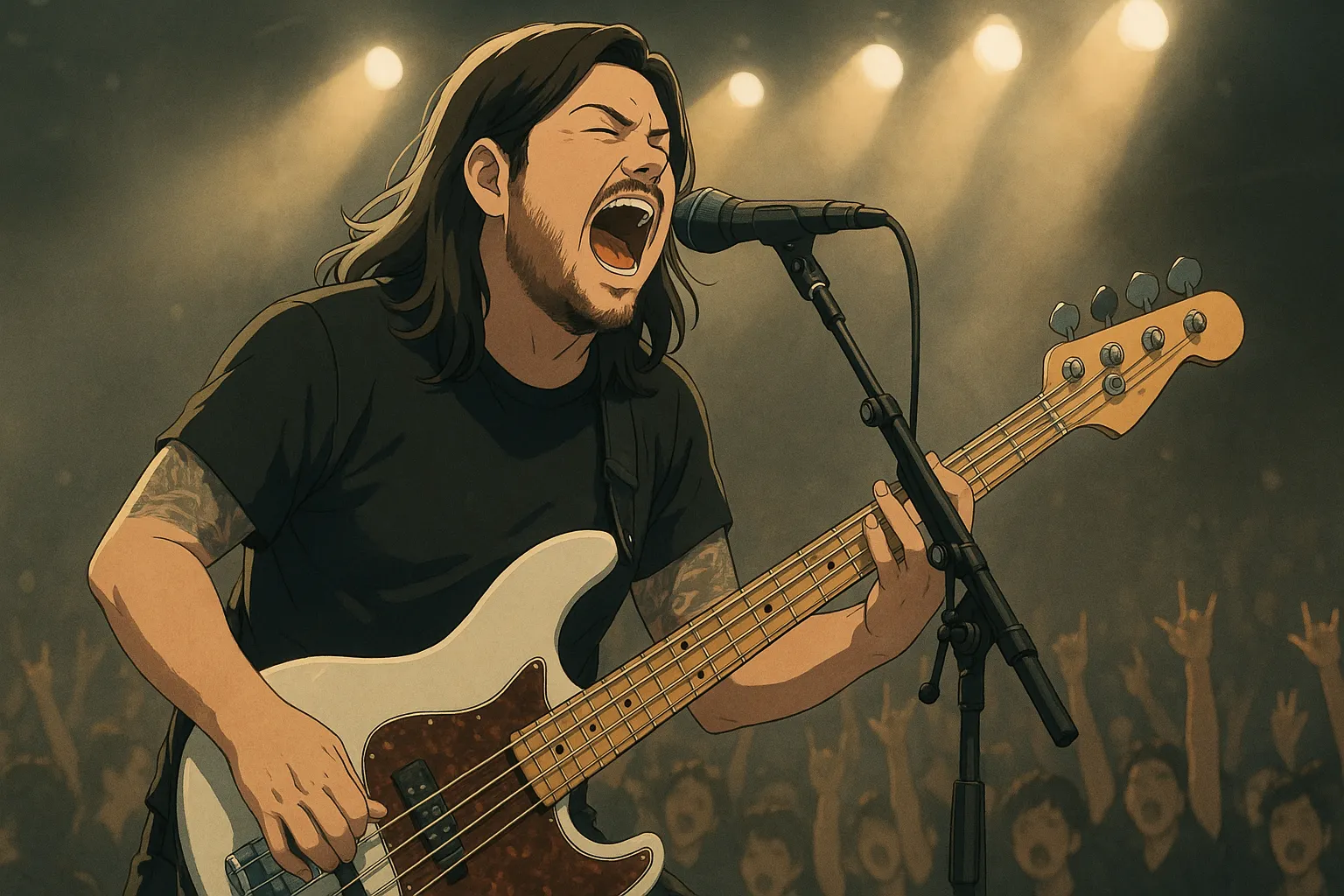
Frequently Asked Questions
What other bands or projects has he worked on?
He’s participated in several side projects and guest appearances across the rock scene, balancing collaborations with his primary band commitments.
What gear and sound does he favor?
He tends to use classic, reliable electric basses and straightforward amplification to achieve a clear, punchy low end without relying on heavy effects.
How does he prepare for tours and recordings?
Careful rehearsal, learning arrangements thoroughly, keeping a consistent setup, and developing parts so they can be reproduced reliably in studio and live.
Does he contribute to songwriting and arrangements?
Yes. He contributes bass parts and arrangement ideas and sometimes co-writes, generally working collaboratively rather than seeking front‑line writing credit.
What practice tips does he recommend for new bassists?
Focus on timing with a metronome, listen closely to other instruments, simplify parts to serve the song, and build endurance for long performances.
How do other musicians typically describe him?
Many colleagues describe him as dependable and professional—someone who values collaboration, consistency, and making the music work as a whole.
Has he done teaching, clinics, or public workshops?
He isn’t widely known as a formal teacher, but he shares practical tips in interviews, has joined occasional clinics, and influences players through his recordings and performances.










